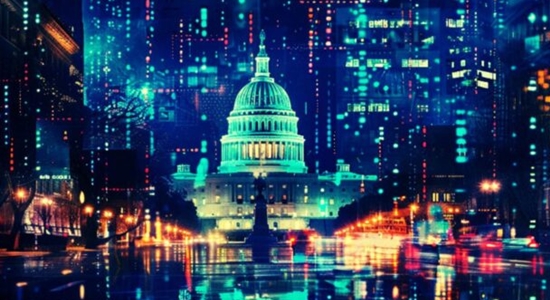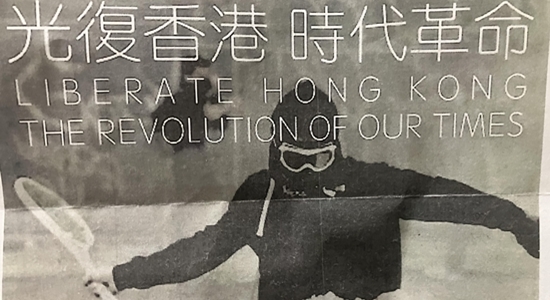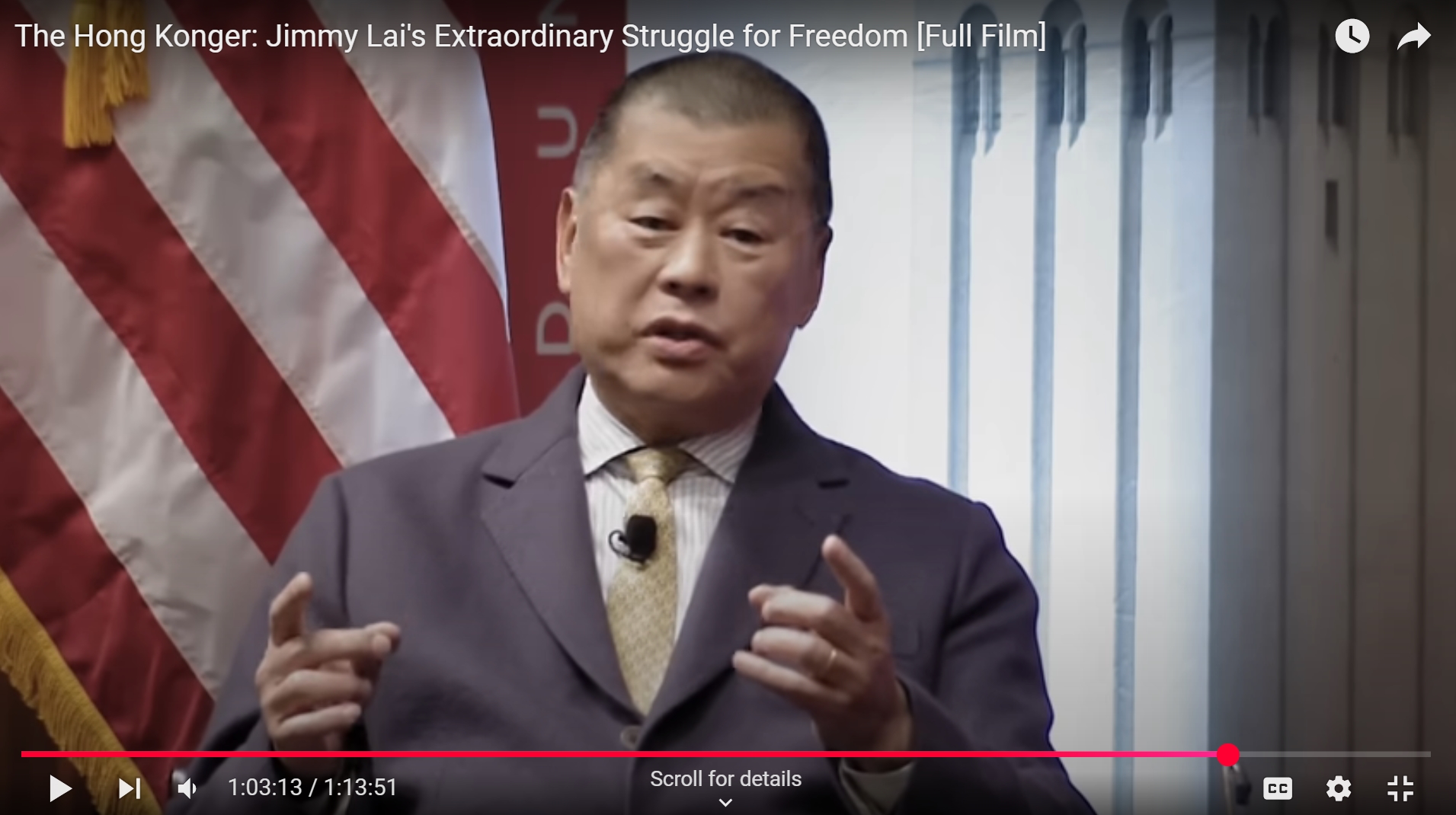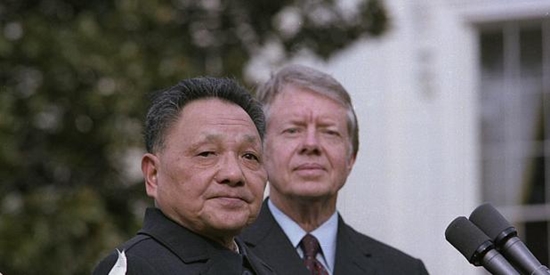
Reuters relays that “China attaches ‘great importance’ to the remarks of Donald Trump, the foreign ministry said in response to comments on Monday from the U.S. President-elect saying he has been in talks with Chinese President Xi Jinping through their aides.
“Trump had said he believed he and Xi will get along but it had to be a ‘two-way street,’ repeating that China has been ‘ripping off’ the U.S. economically” (January 7, 2025).
Since China has been damaging and seeking to damage the U.S. and U.S. interests on many fronts—for example, the South China Sea and Taiwan front, the Panama Canal front, the cyberattack front, the espionage front, the transnational repression front—the report suggests less than the full array of concerns about China that the president-elect is at least aware of.
Taiwan, Panama, cyberattacks, tariffs
Trump has delivered mixed or ambiguous—strategically ambiguous?—messages about the willingness of the United States under a Trump administration to defend Taiwan from a PRC attack.
With respect to the recent Trump topic of the Panama Canal, General Laura Richardson has noted that, among other suspicious Chinese activities in Latin America, “PRC-sponsored companies are engaged in, or bidding on, several projects related to the Panama Canal—a global strategic chokepoint. These projects include port operations on both ends of the canal, water management, and a logistics park.”
With respect to the tsunami of cyber assaults launched against the U.S., the incoming administration reportedly “wants to go on cyber offensive against China” (The Register, December 16, 2024).
“We have been, over the years, trying to play better and better defense when it comes to cyber,” says Trump’s pick for national security advisor, Congressman Mike Waltz. “We need to start going on offense and start imposing, I think, higher costs and consequences to private actors and nation state actors.”
This is a fairly good statement despite The Register’s perverse stress on the “possibility that [a stronger stance] will set off a cyber arms race more serious than the one we’re already engaged in,” as if China’s latest cyber assaults have been minor or marginal. (And what is the alternative? Surrender?)
But the defenses of U.S. institutions also need to be much stronger than Waltz seems to suggest they have been. When, for one thing, the U.S. government is requiring back doors in telecommunications systems that cyberhackers working for Chinese, Russian, or other governments can exploit, it’s clear that the capacity of American infrastructure to protect itself from cyber assaults is suboptimal.
Fake news or fake fake news
What exactly will happen with U.S. tariffs on China and other countries during the new Trump administration is either still on the drawing board or set in stone.
The Washington Post says that Trump’s aides are looking at “universal import duties, but only on certain sectors, among first big moves of presidency.”
Instead of imposing substantial tariffs on all imports, “the current discussions center on imposing them only on certain sectors deemed critical to national or economic security—a shift that would jettison a key aspect of Trump’s campaign pledge, at least for now, said the people, who cautioned that no decisions have been finalized and that planning remains in flux.”
On Truth Social, Trump then attacked the Post’s reporting as “Fake News” that “incorrectly states that my tariff policy will be pared back.”
It is probably safe to say that the things that the Post and Trump are saying about his future tariff policies either are or are not accurate.
MAWA
I doubt the perfection of the president-elect’s grasp of markets or of the effects of U.S. government taxes, regulations, and prohibitions or of economic history if he seriously means this recent statement: “The Tariffs, and Tariffs alone, created this vast wealth for our Country. Tariffs will pay off our debt and MAKE AMERICA WEALTHY AGAIN!”
On the other hand, in another post on Trump Social, Trump links to an opinion piece at the Wall Street Journal arguing that Trump’s tariffs will “ensure that America’s economy booms again” if “combined with tax cuts and deregulation.” Not tariffs alone then.





